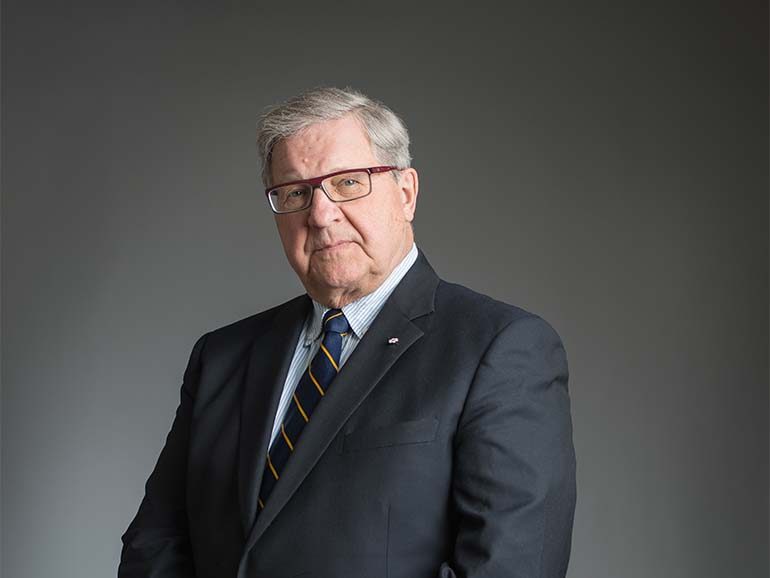Six weeks into the White House, President Trump is already getting harsh judgements from his detractors. This hostility is not affecting his support among his base. The swing voters who might alternate their support across elections and the two main political parties are already buying into this critique. The president’s supporters believe that the scale of the change he is bringing about in the American politics and society inevitably attracts such hostility. They also believe that once the results of the president’s new course in the domestic politics and the foreign policy start bringing good results all of these detractors shall be silenced.
The typical charge sheet against the very recently elected president runs that he is an authoritarian by instinct. His admiration for authoritarian regimes led by strongmen around the world is presented as an evidence for it. He likes Putin of Russia, the Saudis and the Turkish president Erdogan more than the ex- Canadian Prime Minister Justin Trudeau or the German Chancellor Olaf Sholz.
President Trump’s domestic policies are also getting harsh criticism for being autocratic. He is undermining the checks and balances that have always existed in the American political system and statecraft since its inception. He is blamed for packing the bureaucracy with his supporters. There is a trend to scare people out of the civil services and then pack the offices with loyalists. The constitutional checks on the presidential power are crumbling, the argument goes, because he uses the public opinion, his popularity, to undermine the constitution. Early on, he has built some unusual democratic control on most of the federal levers of power. His detractors fear that If this trend continues, there might not be even free elections in the US in the very near future.
The critique of the new American president and his followers says that they all live in an unreal alternative reality constructed by the social media. Social media platforms with captured followers that exist in the echo-chambers of their wishful opinions keep the president and his followers detached form the reality of political and social lives in the US and the world at large. This happens to most of the people who are not adequately educated. The president’s critics refer to the relatively poorer educational background of his followers. They distinguish between the often educated Americans who read and the lesser educated Republican followers of the president who get most of their news and information from unreliable social media platforms.
President Trump’s detractors claim that the American electoral system has proved to be inadequate to shield politics against misguided, uneducated and opportunistic populism spawned and fed by big businesses and money run mass media. The death of control on campaign finance, millionaire senators and political opportunism where political personalities come to be controlled by the opinions of the crowds rather than leading them have all led to the rise of unbridled authoritarianism backed by uneducated hordes and crowds.
On his part, president Trump loves those uneducated Americans who voted him to power twice. His supporters claim that democracy, at the end of the day, is about a respect for the majority of the popular opinion. They claim that a Washington based cultural and political elite ensconced in the Democratic Party has led America astray. Under these elite the American political system had become rotten and lost touch with the pulse of the public opinion. They defend the president and his policies for attempting to clean the Augean stables of the Democratic elite led political system underwritten by woke leftism that has been a cause of subversion, corruption and perversion in the American society and culture.
The president’s followers also claim that the American foreign policy has long been caught in the time warp of the Cold War that ended in the last century. They defend the president’s radical reset in the American foreign policy as a need for ensuing a due and correct place and status for the US in the twenty-first century. President Trump’s association with Russia dates back to July 1987 when he first visited that country. Even then he had hoped for a newer and better understanding with the Russians. His recalibration of the American foreign policy towards the Russians, the Chinese, the EU, and the world at large, has yet to bear results. The same holds for his domestic policies. The proof of the pudding, as the old English adage says, is in the eating. In the short to medium term, it would be a good idea to wait and see the consequences of President Trump’s domestic and foreign policies, before jumping on to assail him harshly, barely six weeks into the start of his second administration.
